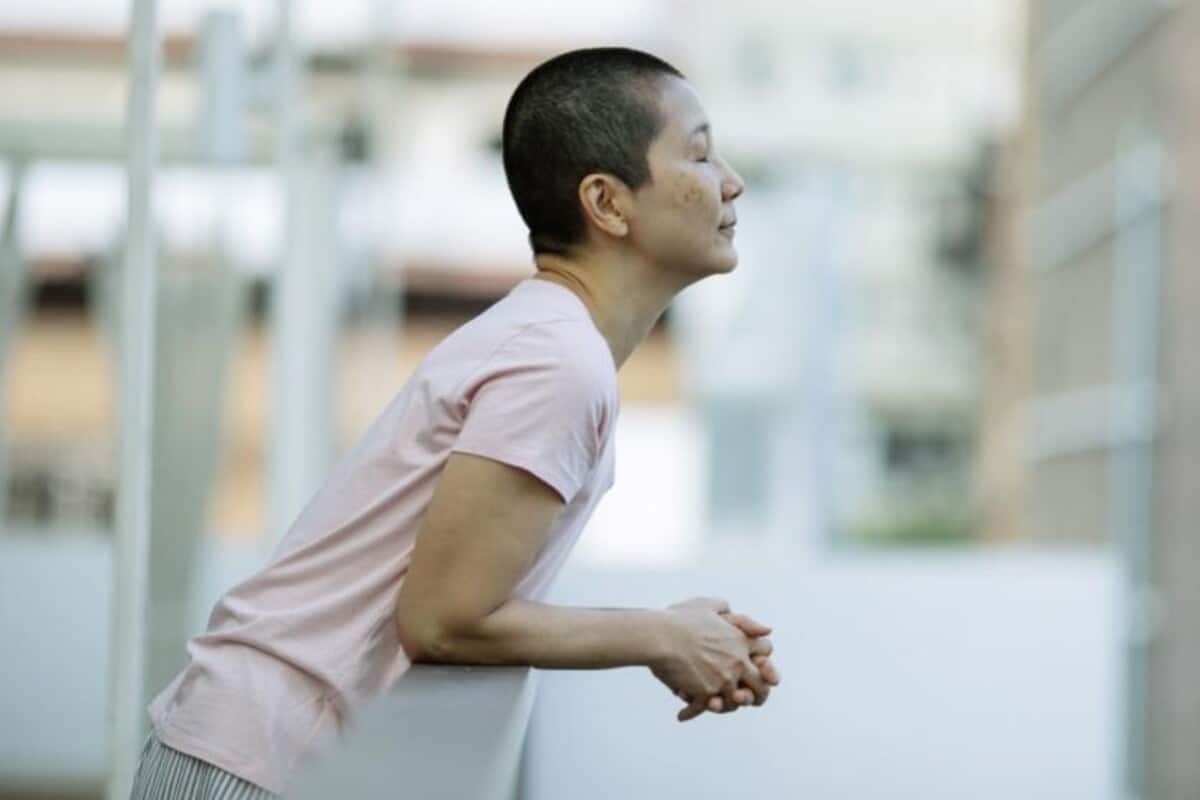January 23, 2014
How to Support a Loved One Surviving Trauma
Written by Rachel Eddins
Posted in Trauma, Grief & Loss and with tags: Relationships, trauma

When someone goes through a loss or a serious trauma, it can be difficult to know what to do or say.
While it may be uncomfortable or awkward to talk about, keep in mind that the most important thing is to be present and available. You don’t have to do anything really, except offer support and care and be present to their pain, but the key is to be there.
Speak out and share your own needs. What do you need from others when going through a difficult time whether it be loss/trauma related or not (i.e., loss of relationship, infertility, medical illness, loss of job, divorce, children leaving home)?
What would you like to hear? What kind of support is the most helpful?
The Art of Presence
by David Brooks of The New York Times
Tragedy has twice visited the Woodiwiss family. In 2008, Anna Woodiwiss, then 27, was working for a service organization in Afghanistan. On April 1, she went horseback riding and was thrown, dying from her injuries. In 2013, her younger sister Catherine, then 26, was biking to work from her home in Washington. She was hit by a car and her face was severely smashed up. She has endured and will continue to endure a series of operations. For a time, she breathed and ate through a tube, unable to speak. The recovery is slow.
The victims of trauma, she writes in a remarkable blog post for Sojourners, experience days “when you feel like a quivering, cowardly shell of yourself, when despair yawns as a terrible chasm, when fear paralyzes any chance for pleasure. This is just a fight that has to be won, over and over and over again.”
Her mother, Mary, talks about the deep organic grief that a parent feels when they have lost one child and seen another badly injured, a pain felt in bones and fiber.
Are you traumatic stress? Take this test and find out.
But suffering is a teacher. And, among other things, the Woodiwisses drew a few lessons, which at least apply to their own experience, about how those of us outside the zone of trauma might better communicate with those inside the zone. There are no uniformly right responses, but their collective wisdom, some of it contained in Catherine’s Sojourners piece, is quite useful:
Do be there. Some people think that those who experience trauma need space to sort things through. Assume the opposite. Most people need presence. The Woodiwisses say they were awed after each tragedy by the number of people, many of whom had been mere acquaintances, who showed up and offered love, from across the nation and the continents. They were also disoriented by a number of close friends who simply weren’t there, who were afraid or too busy. Anna and Catherine’s father, Ashley, says he could detect no pattern to help predict who would step up and provide the ministry of presence and who would fumble. Neither age, experience nor personal belief correlated with sensitivity and love.
Don’t compare, ever. Don’t say, “I understand what it’s like to lose a child. My dog died, and that was hard, too.” Even if the comparison seems more germane, don’t make it. Each trauma should be respected in its uniqueness. Each story should be heard attentively as its own thing. “From the inside,” Catherine writes, comparisons “sting as clueless, careless, or just plain false.”
Do bring soup. The non-verbal expressions of love are as healing as eloquence. When Mary was living with Catherine during her recovery, some young friend noticed she didn’t have a bathmat. He went to Target and got a bathmat. Mary says she will never forget that.
Do not say “you’ll get over it.” “There is no such thing as ‘getting over it,’ ” Catherine writes, “A major disruption leaves a new normal in its wake. There is no ‘back to the old me.’ ”
Don’t say it’s all for the best or try to make sense out of what has happened. Catherine and her parents speak with astonishing gentleness and quiet thoughtfulness, but it’s pretty obvious that these tragedies have stripped away their tolerance for pretense and unrooted optimism. Ashley also warned against those who would overinterpret, and try to make sense of the inexplicable. Even devout Christians, as the Woodiwisses are, should worry about taking theology beyond its limits. Theology is a grounding in ultimate hope, not a formula book to explain away each individual event.
I’d say that what these experiences call for is a sort of passive activism. We have a tendency, especially in an achievement-oriented culture, to want to solve problems and repair brokenness — to propose, plan, fix, interpret, explain and solve. But what seems to be needed here is the art of presence — to perform tasks without trying to control or alter the elemental situation. Allow nature to take its course. Grant the sufferers the dignity of their own process. Let them define meaning. Sit simply through moments of pain and uncomfortable darkness. Be practical, mundane, simple and direct.
Ashley and Mary went to Afghanistan a few months after Anna’s death. They remember that as a time out of time. They wept together with Afghan villagers and felt touched by grace. “That period changed me and opened my imagination,” Ashley recalls. “This thing called presence and love is more available than I had thought. It is more ready to be let loose than I ever imagined.”
Next Steps
At Eddins Counseling Group, our therapists are skilled in working with trauma and we use additional modalities such as EMDR therapy to help aid in recovering from trauma. Contact our trauma therapists in Houston to find out how we can help you heal or read more about trauma and PTSD treatment.
To get started now give us a call to schedule an appointment at 832-559-2622 or schedule an appointment online.
Grounding & Self Soothing
Get instant access to your free ebook.

















